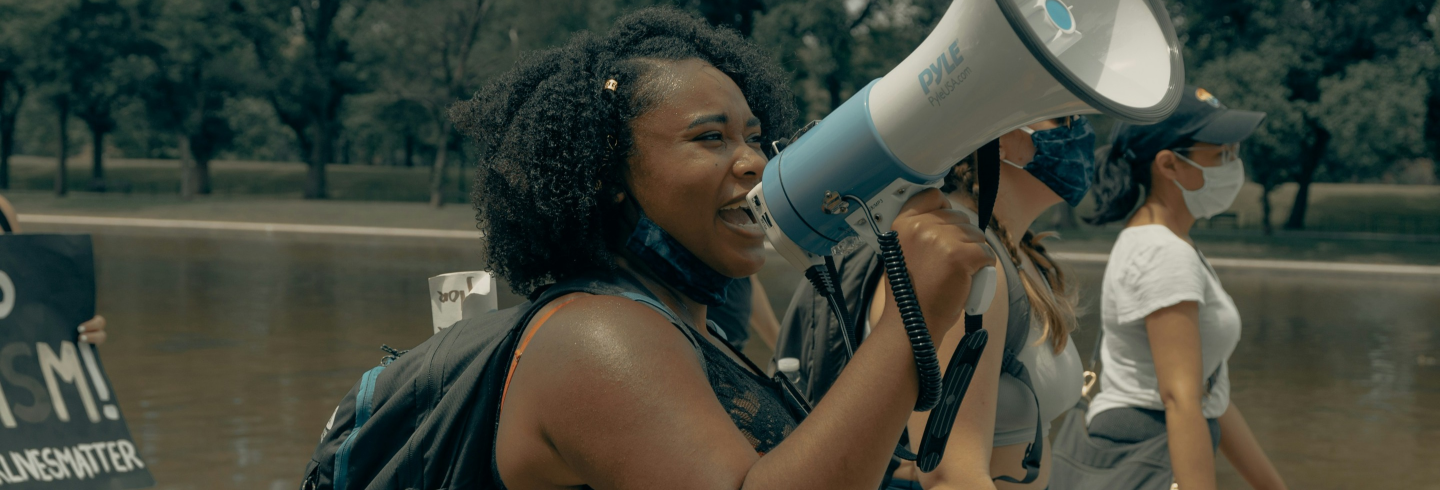By Laura Varlas
“We thought we might see two parallel lines and then an increase for black girls in high school,” says Rebecca Epstein, the study’s coauthor. “It’s quite shocking that the greatest gap between perceptions of white and black girls is actually much earlier, in the tween years, when girls are forming their identities and these perceptions are likely to impact them much more.”
The study, a pilot that Epstein hopes will launch into a more detailed and large-scale investigation of perceptions of black girlhood, revealed common misconceptions about black girls. Specifically, black girls are perceived as knowing more about sex and needing less support, nurturing, and protection than their white peers. This “adultification” bias toward black girls creates a domino effect that informs how they are treated in school and by law enforcement agencies.
Join Our Distribution List
Stay informed about The Center on Gender Justice & Opportunity’s impactful work and upcoming events by signing up for our newsletter.



